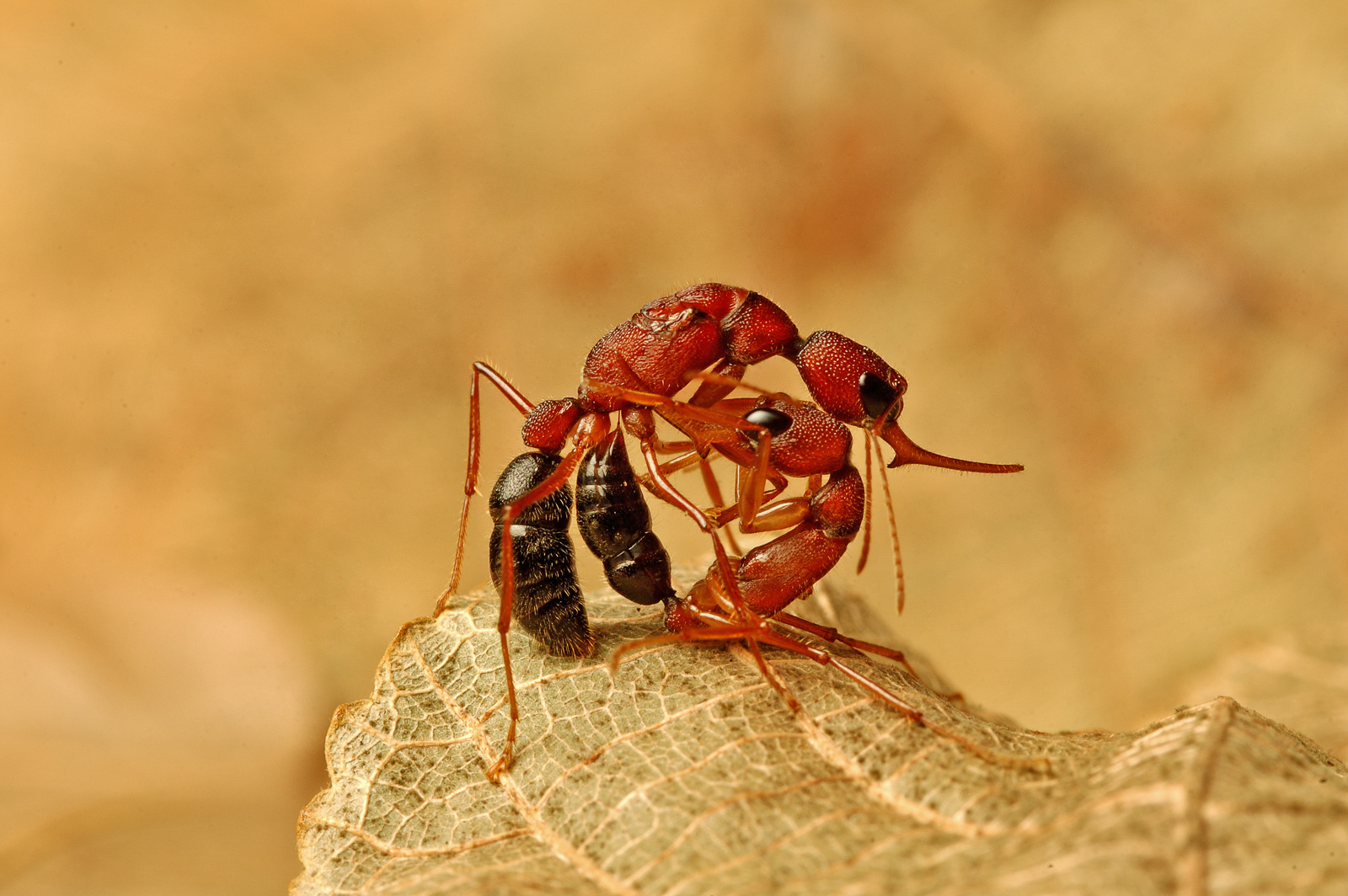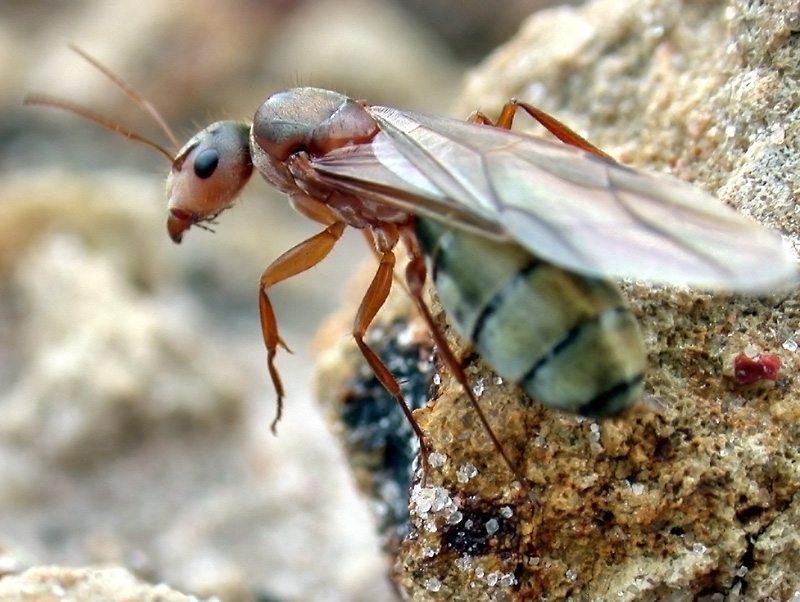Biologist Hua Yan along with researchers from University of Florida and New York University established that queens boost their insulin levels for egg development.
In that process, their ovaries produce an insulin blocker which helps to slow down the ageing processing according to Yan.
“Hopefully this finding allows us to better understand the aging process in many animals,” he said.
Queen ants can live up to as long as 30 times longer than any other normal ant but according to their research the insulin boosting trait can be turned off.
In their experiments they used Indian jumping ants and examined what happened to the colony when their queen ant died.
What they found was a replacement female ant or “pseudonym queen” capable of producing eggs was chosen and was able to produce higher levels of insulin, but if a true queen came along, they were able to switch it off.

“There must be something in the insulin signalling of the ants that differentially regulates reproduction and longevity.”
Insulin is vital for helping to convert food into energy and biology experts say that reproduction is a very energy-intensive process.
“The research team found this extra layer of control in the form of an insulin blocker, called Imp-L2, which is produced by the newly active ovaries of the pseudo-queen,” said University of Florida.
“This insulin blocker slows down the part of the insulin pathway normally responsible for accelerating the aging process but leaves the reproduction-boosting side of insulin signaling intact.
Research was published on September 1 in Science.






